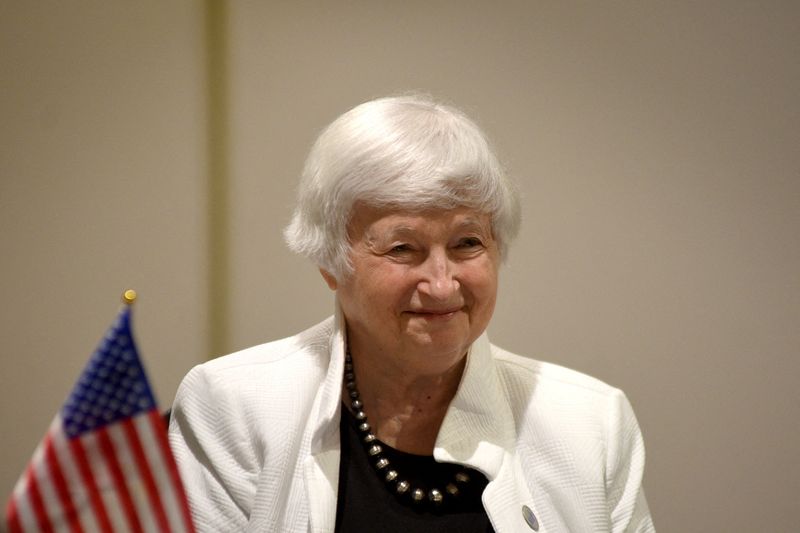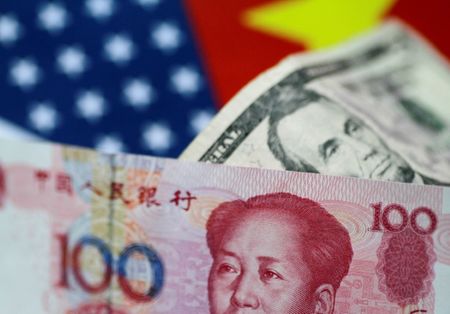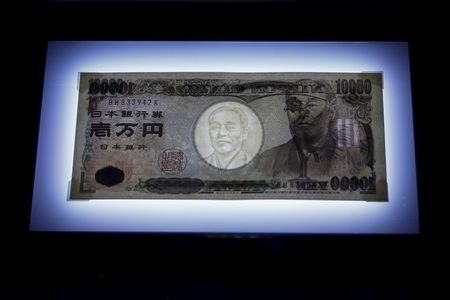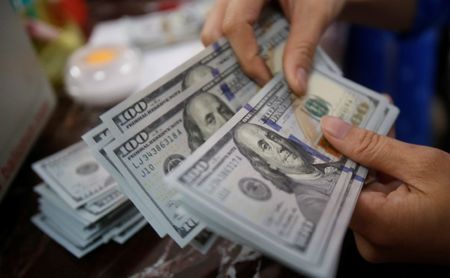The dollar was down on Wednesday morning in Asia, but moves were small as investors continued assessing the impact of the omicron COVID-19 variant on the global economic recovery.
The U.S. Dollar Index that tracks the greenback against a basket of other currencies inched up 0.01% to 96.500 by 10:36 PM ET (3:36 AM GMT).
The USD/JPY pair inched up 0.02% to 114.11, with the Bank of Japan releasing the minutes from its latest meeting earlier in the day.
The AUD/USD pair was down 0.25% to 0.7136 and the NZD/USD pair edged down 0.18% to 0.6751.
The USD/CNY pair inched up 0.01% to 6.3724, while the GBP/USD pair inched down 0.05% to 1.3259.
The euro was down marginally at $1.1277 starting Wednesday.
Investors are struggling to explain the “risk-on” mood, with some saying markets were struggling to assess omicron’s consequences, leading to unseasonable volatility.
Typically, currencies’ volatility is low in the weeks ahead and after Christmas, but “this year some seasonal tendencies will be mixed with the Omicron variant threatening to force new restrictions and markets still processing a week full of key central bank decisions,” ING analysts told Reuters.
With omicron spreading across Europe, the U.S., and Asia, some countries are considering re-imposing restrictive measures. British Prime Minister Boris Johnson urged people to be cautious but ruled out tighter restrictions ahead of the holidays. In Germany, gatherings will likely be limited to 10 people and France will limit New Year’s Eve celebrations.
However, news that U.S. Food and Drug Administration could authorize COVID-19 treatment pills from Pfizer Inc. and Merck & Co . Inc. as early as this week boosted investor sentiment.
Also contributing to improving sentiment, U.S. President Joe Biden is optimistic about reaching a deal with Senator Joe Manchin to push the $1.75 trillion Build Back Better bill through Congress.
Meanwhile, the Turkish lira is bracing for another volatile day. The currency closed up 6% on Tuesday, having fallen as much as 8.6% and risen as much as 18.5%.




